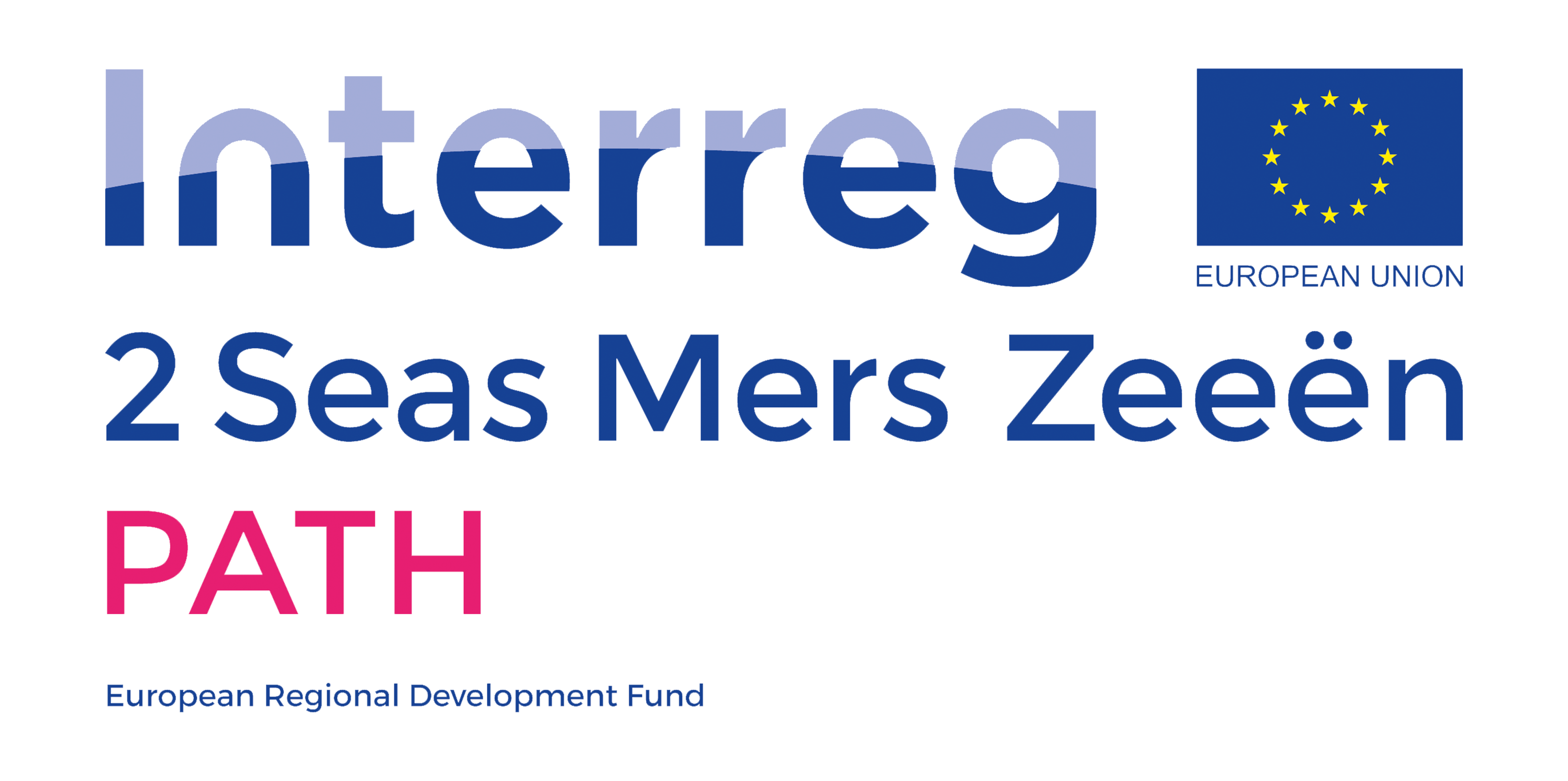
© 2021 Copyright: Bournemouth University
Eating Disorders involves an unhealthy relationship with food, weight or body image. It involves a lot more than eating behaviour; people affected by them are constantly worried about weight gain, how to avoid taking in calories and how to get rid of calories.
Anorexia Nervosa-
A disorder characterized by deliberate weight loss, induced and sustained by the patient. This can lead to undernutrition, endocrine, metabolic changes and disturbances of bodily function.
The symptoms include restricted dietary choice, excessive exercise, induced vomiting and purgation, and use of appetite suppressants and diuretics.
Bulimia Nervosa-
A syndrome characterized by repeated bouts of overeating and an excessive preoccupation with the control of body weight, leading to a pattern of overeating followed by vomiting or use of purgatives.
Symptoms include overconcerns with body shape and weight, repeated vomiting, tiredness, feeling guilty, menstrual irregularities.
Binge Eating Disorder-
A disorder characterised by dieting and binge-eating, but the person does not make themselves vomit. It can cause significant weight gain and be very distressing for the individual.
Eating disorder may impact on a woman’s fertility, but it does not preclude pregnancy. Between 1.5-7.5% of pregnant women may experience an eating disorder2,3. It is associated with adverse obstetric outcomes (including intrauterine growth restriction, miscarriage, pre-term birth, low birth weight, complications during labour), difficulties with infant feeding and family mealtimes.
A substantial proportion of women with pre-pregnancy eating disorders have continuation or recurrence of symptoms post-partum. The disruption in sleep and mealtimes and the need to adapt to the baby’s routines, especially around feeding, makes it challenging for many mothers to establish and maintain their own eating patterns.
Women with eating disorders can experience depression, increased anxiety and distress during their pregnancy and also following child-birth. For these reasons, it is important to engage women with eating disorders in the preconception period.
Healthcare professionals should encourage women with eating disorders to have a support network in place to enable them feel prepared and stay well after the birth of their baby. This can involve close family and friends who can provide emotional and practical support or peer support groups/networks.
Eating disorders in pregnancy
tommys.org/pregnancy-information
Animated Training Film
eatingdisordersandpregnancy.co.uk
1. World Health Organization (WHO). The ICD-10 Classification of Mental and Behavioural Disorders. World Health Organization, 1993.
2. Bye, A., Nath, S., Ryan, E.G., Bick, D.E., Easter, A., Howard, L., Micali, N. Prevalence and clinical characterisation of pregnant women with eating disorders. European Eating Disorders Review. 2020.
3. Solmi, F., Hotopf, M., Hatch, S.L., Treasure, J., Micali, N. Eating disorders in a multi-ethnic inner-city UK sample: prevalence, comorbidity and service use. Soc Psychiatry Psychaitr Epidemiol 2016.
4. UK National Institute for Health and Care Excellence (NICE). Antenatal and postnatal mental health: clinical management and service guidance (clinical guideline CG192). 2018. https://www.nice.org.uk/guidance/CG192